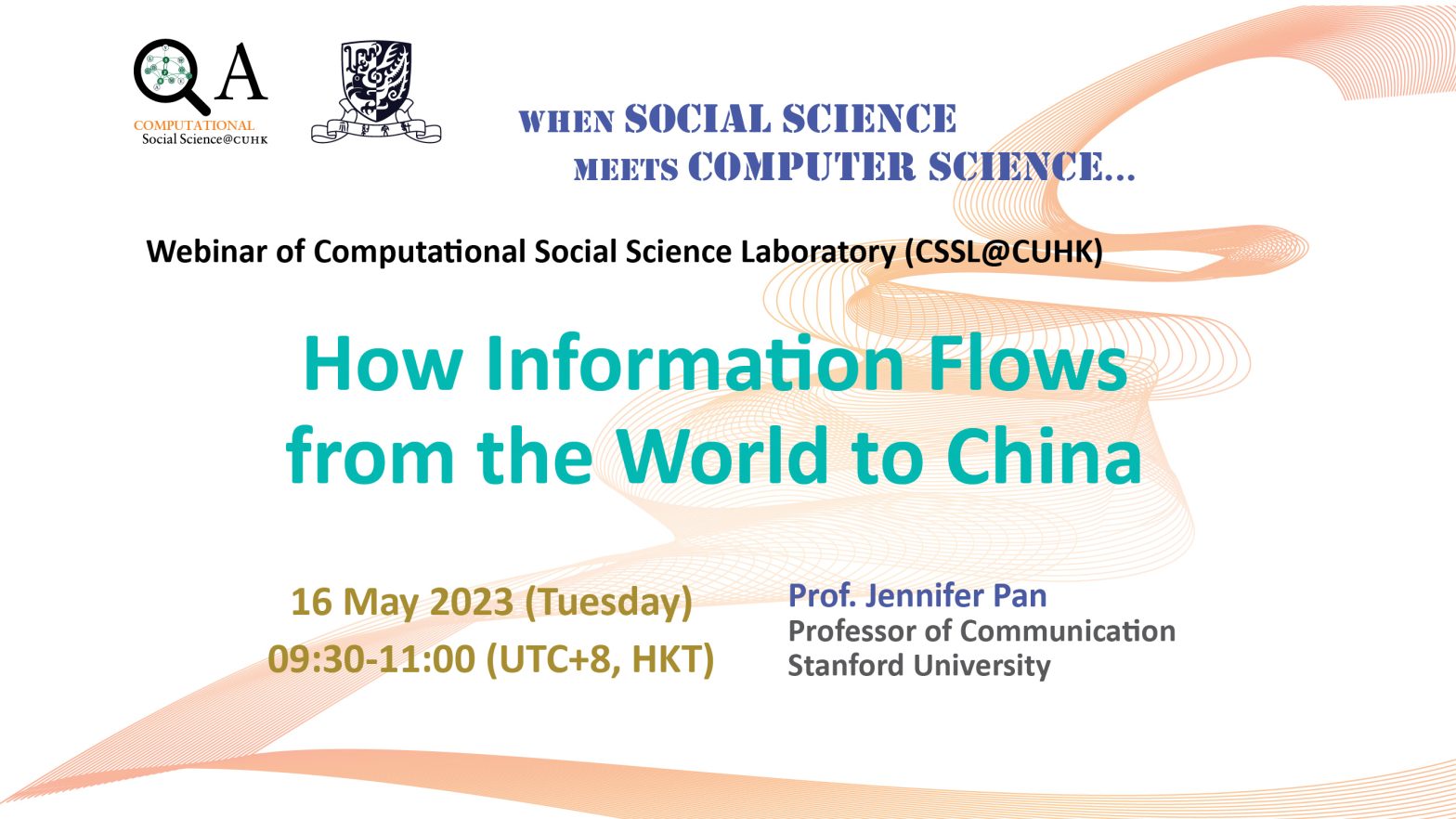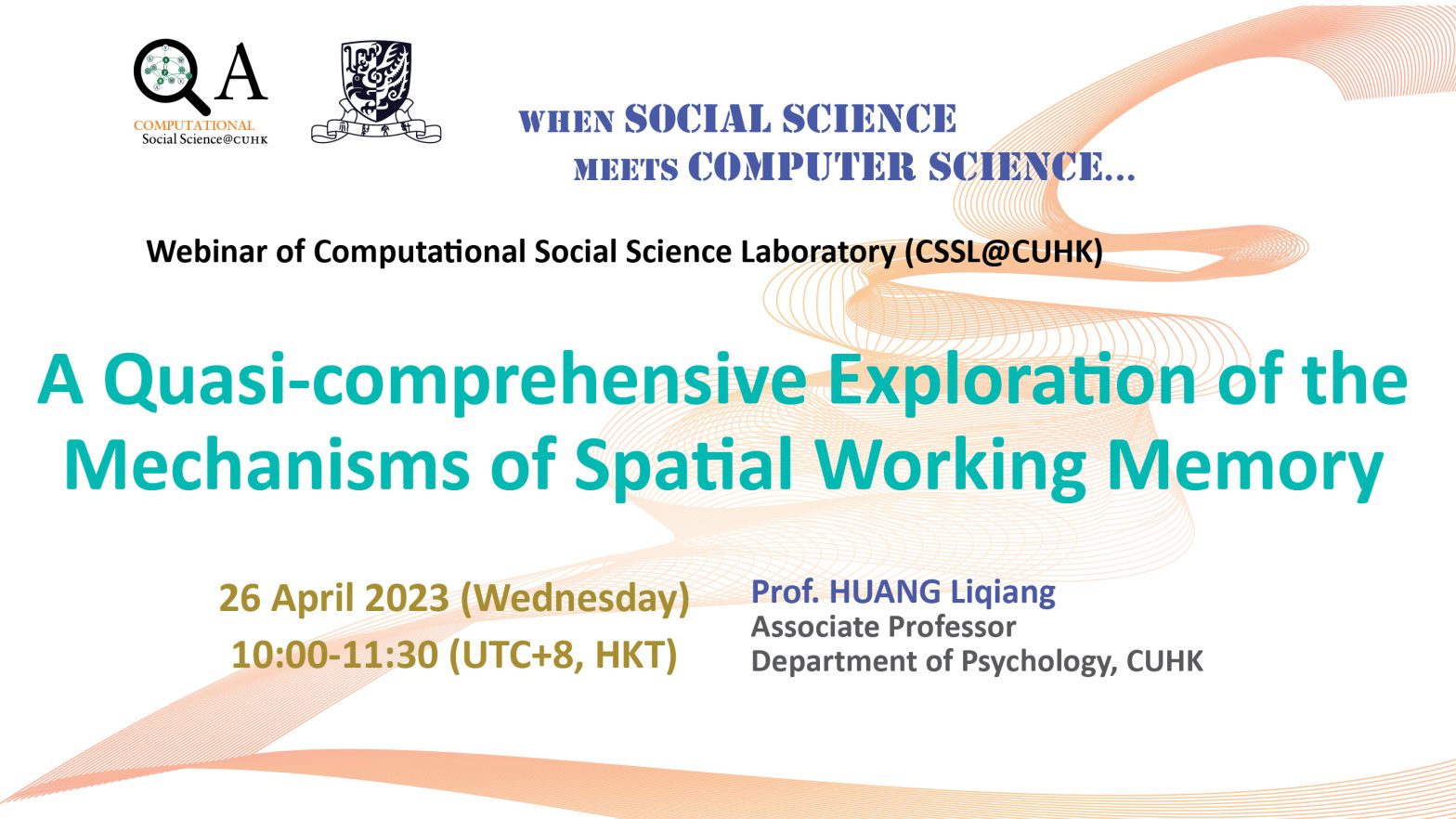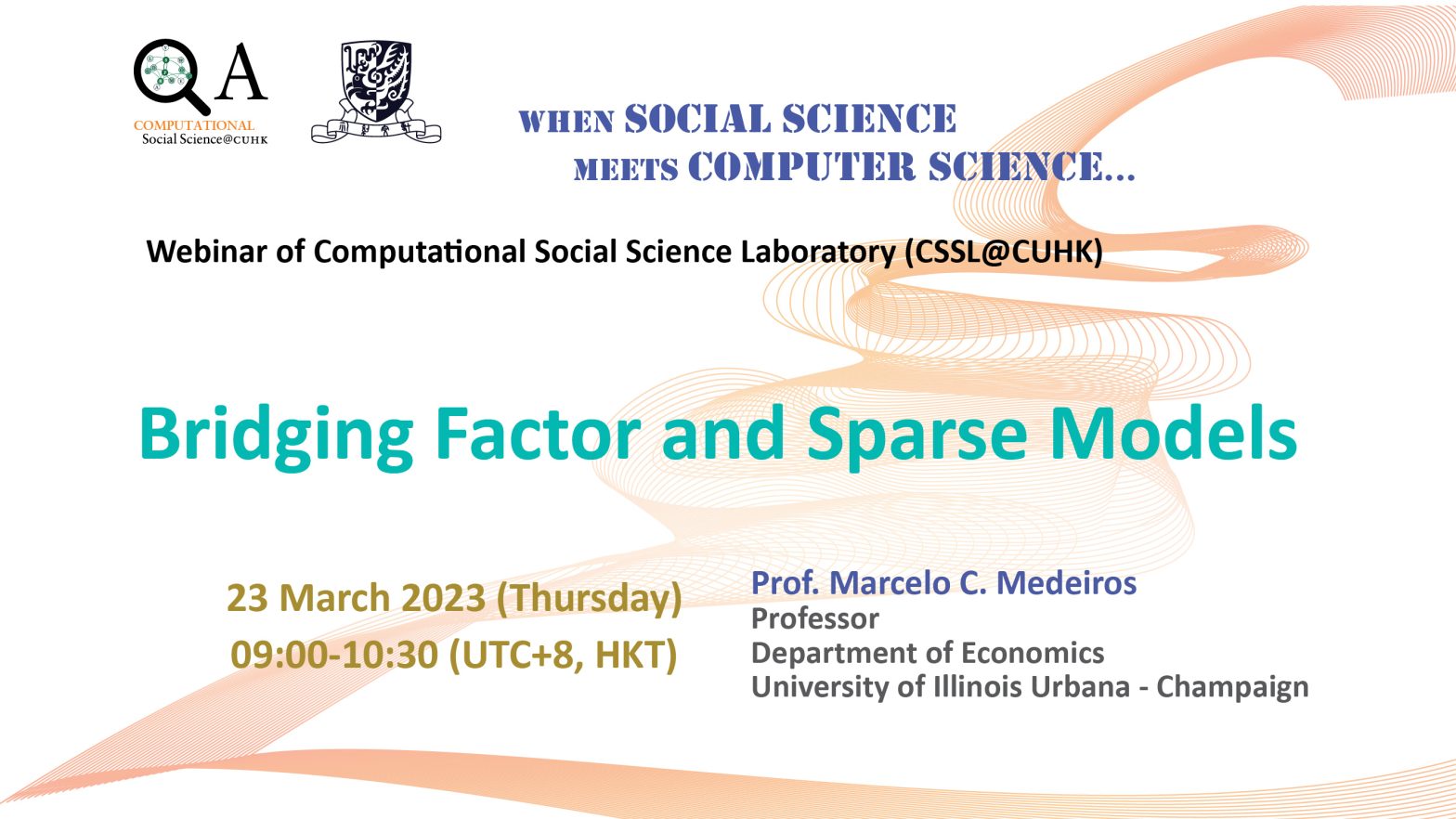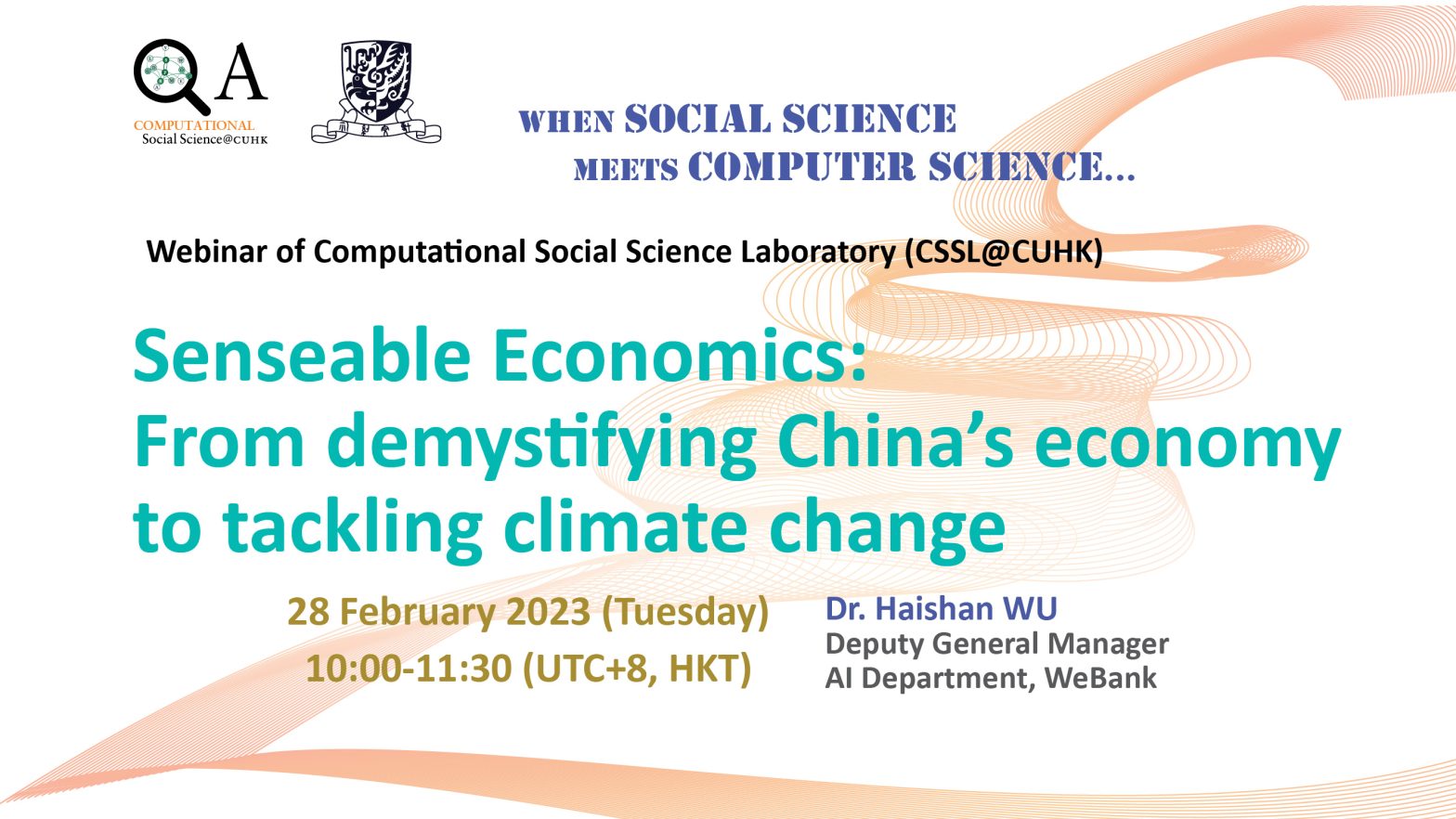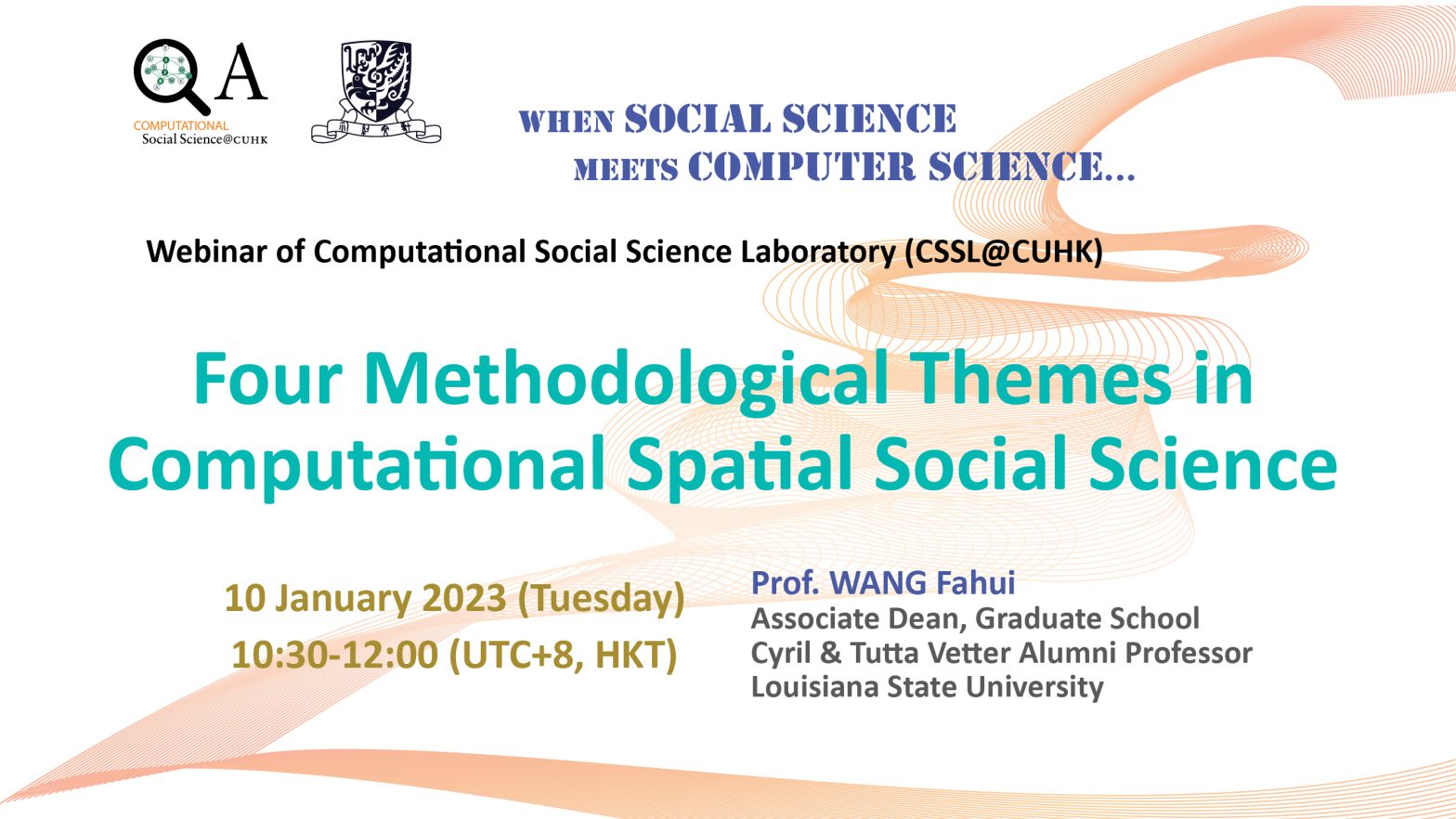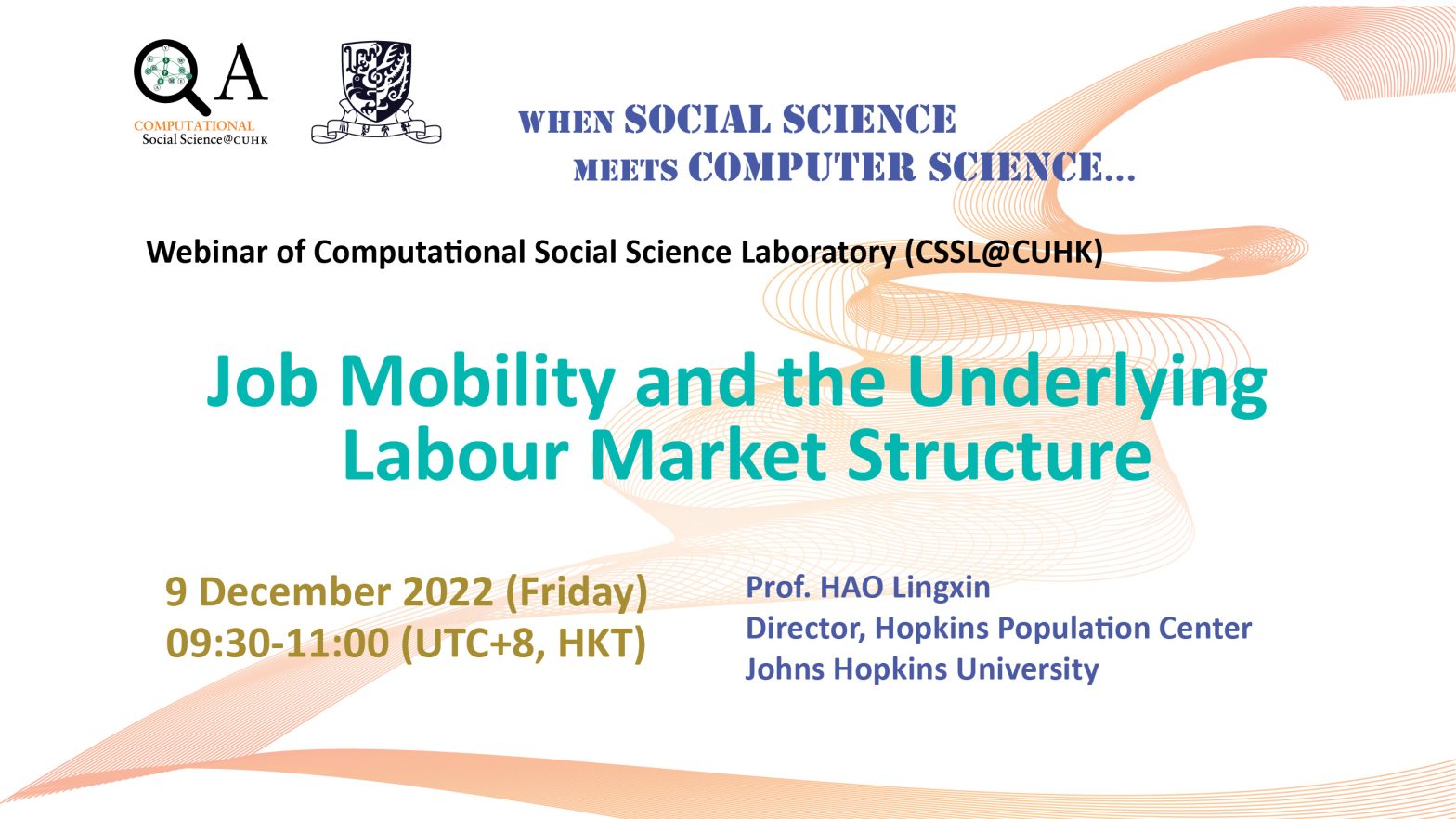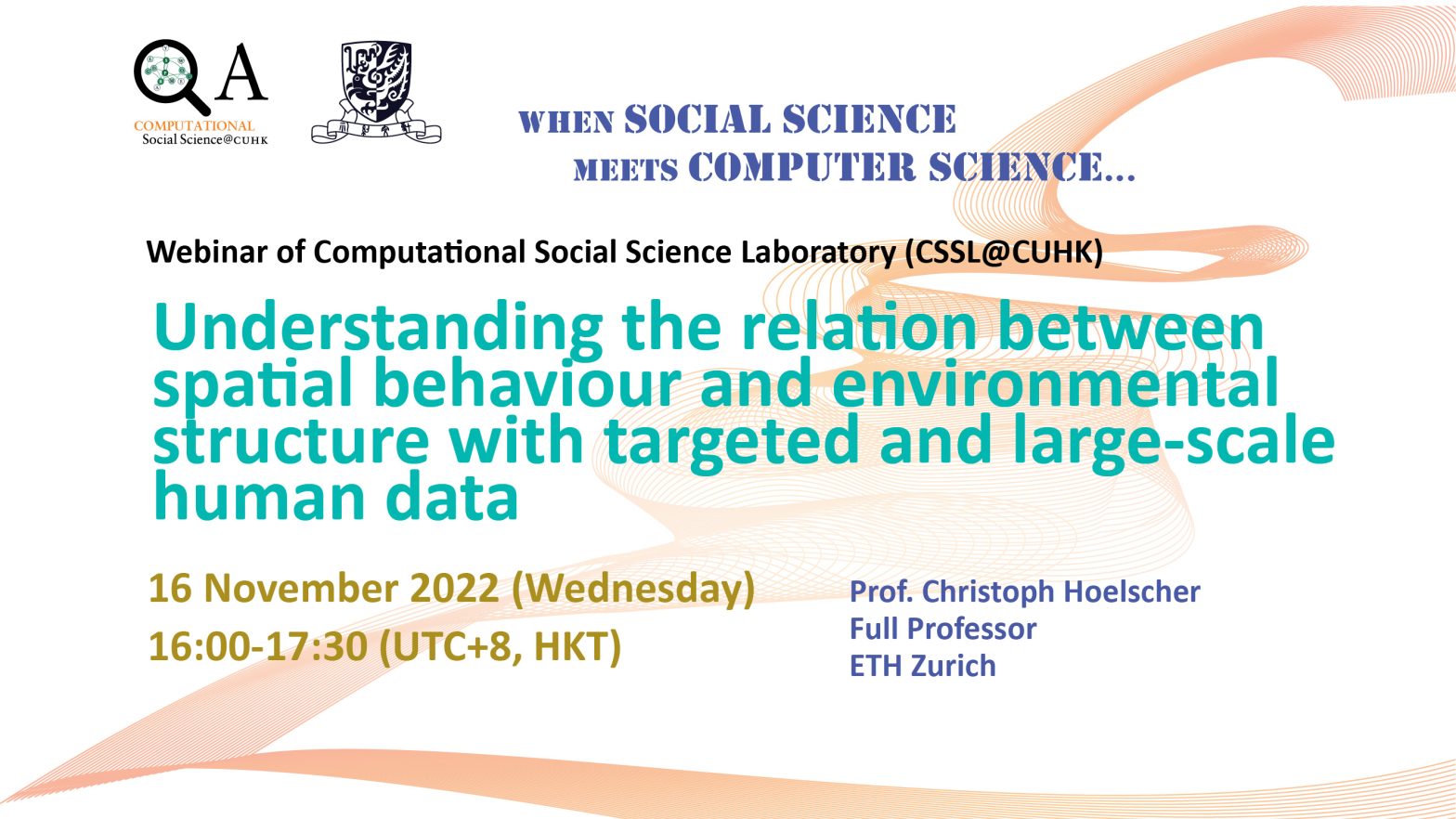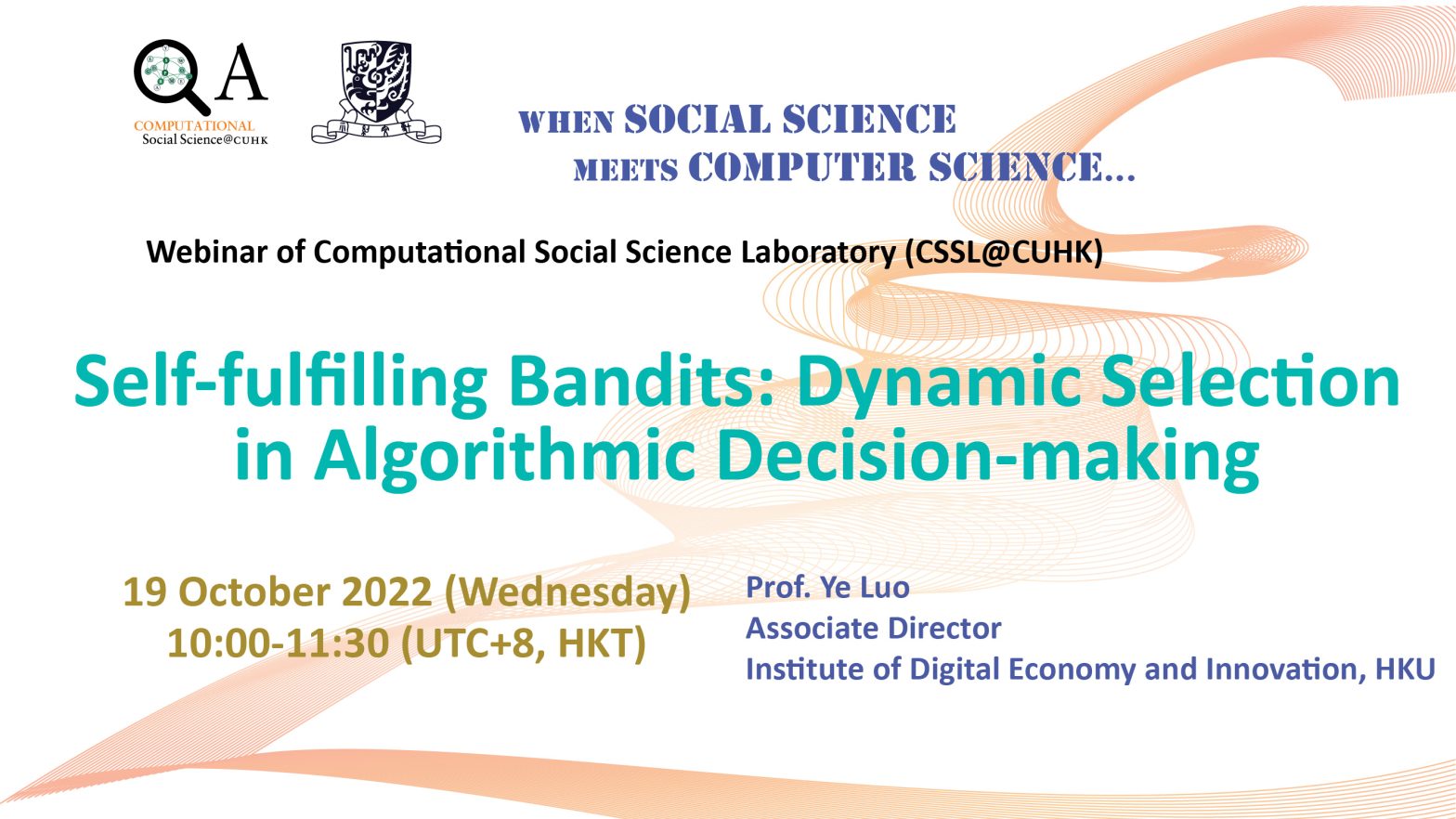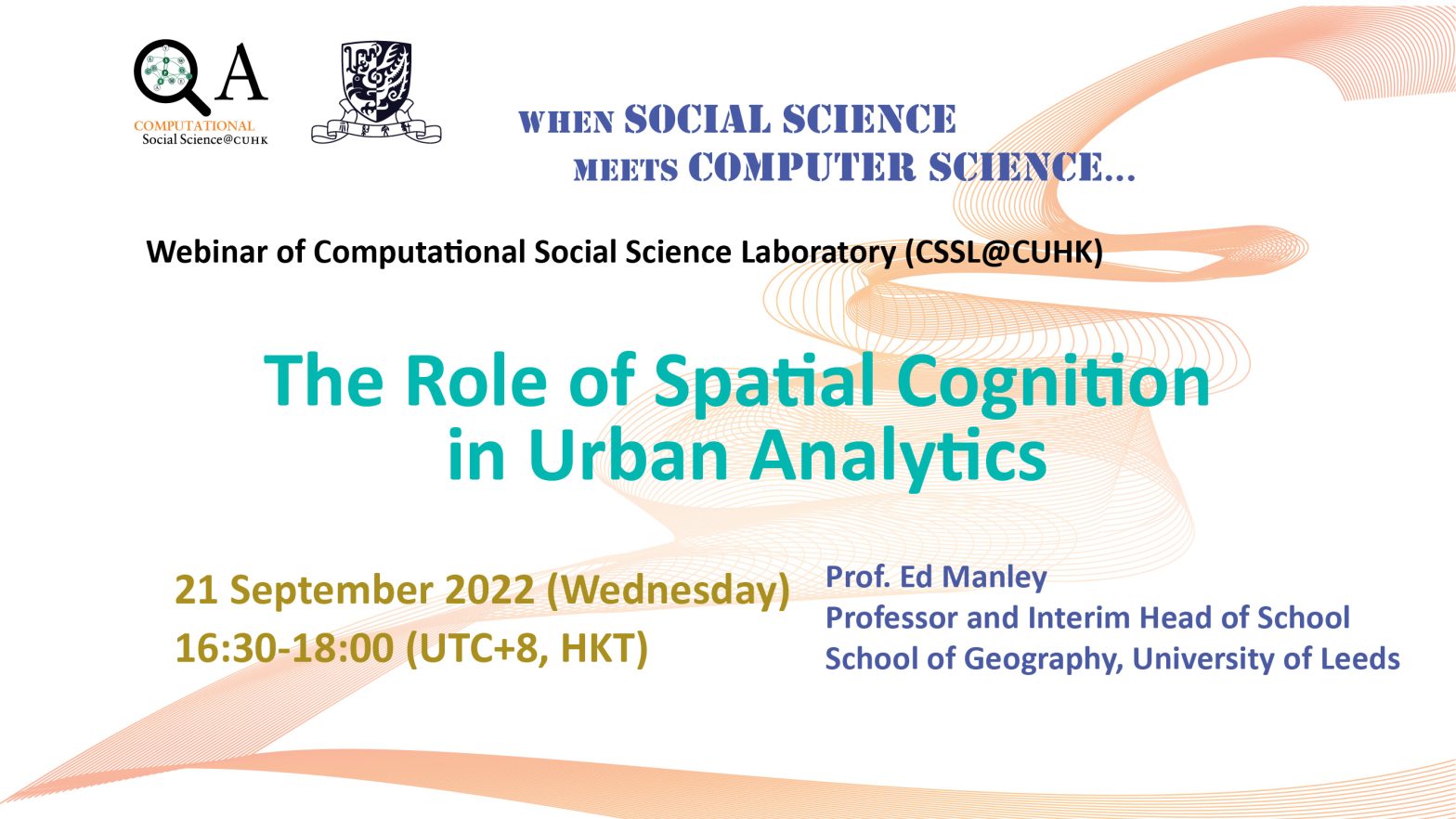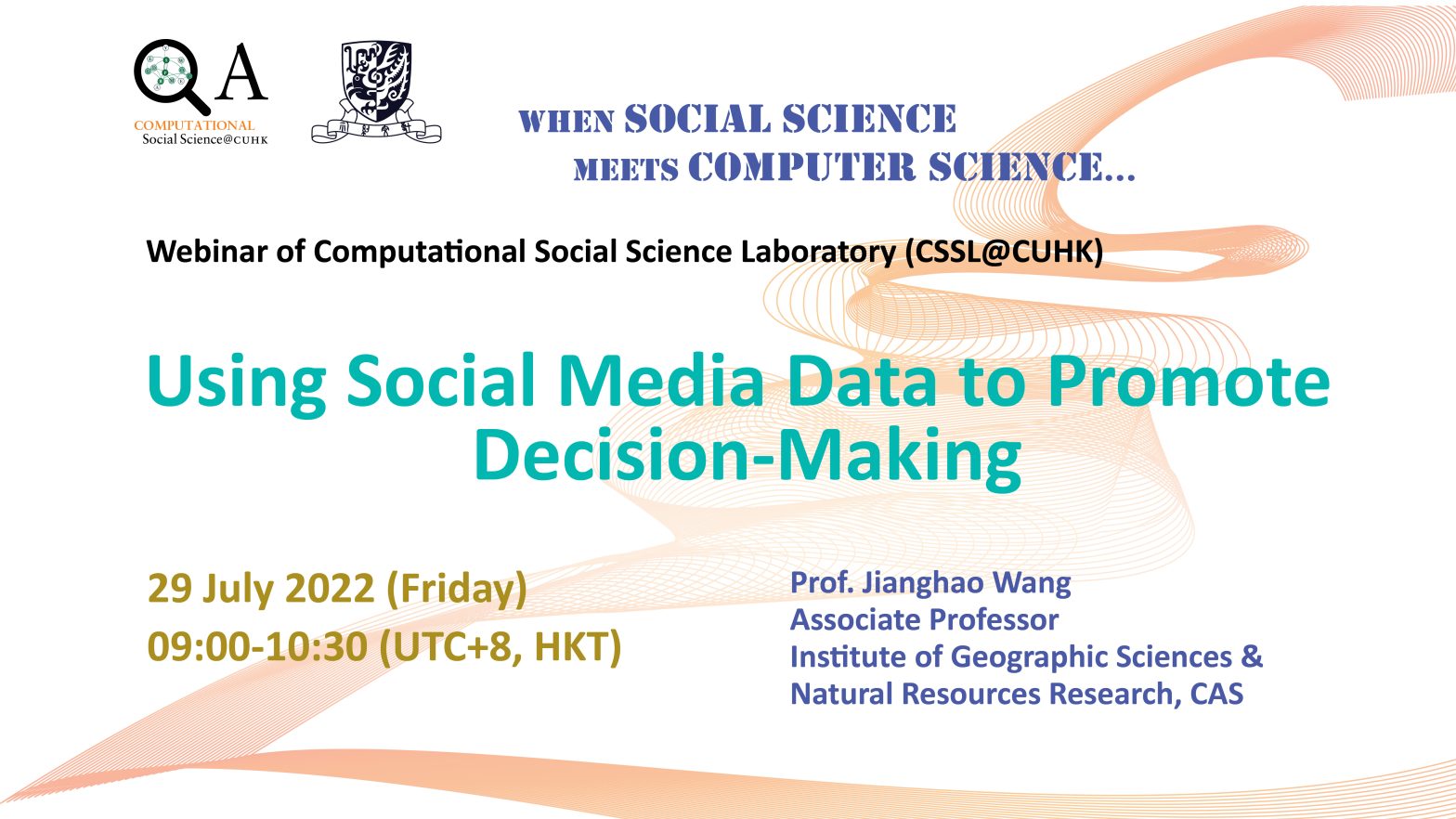Abstract: In this talk, we examine whether and how information flows across national borders. By developing a semi-automated system that combines deep learning and human annotation to find co-occurring content across different social media platforms and languages, we identify inflows of information from the global information ecosystem into China. We find that approximately one-fourth of… Continue reading How Information Flows from the World to China
Category: Monthly Webinars
A Quasi-comprehensive Exploration of the Mechanisms of Spatial Working Memory
Abstract: Why do some spatial patterns stick in our memory more than others? Spatial working memory involves numerous mechanisms, and in this study, I aim to integrate these mechanisms into a single conceptual model. To accomplish this, I conducted a large-scale experiment that gathered 35.4 million responses to test human observers’ memory using 80,000 different… Continue reading A Quasi-comprehensive Exploration of the Mechanisms of Spatial Working Memory
Bridging Factor and Sparse Models
Abstract: Factor and sparse models are two widely used methods to impose a low-dimensional structure in high-dimensions. However, they are seemingly mutually exclusive. We propose a lifting method that combines the merits of these two models in a supervised learning methodology that allows for efficiently exploring all the information in high-dimensional datasets. The method is… Continue reading Bridging Factor and Sparse Models
Senseable Economics: From demystifying China’s economy to tackling climate change
Abstract: Sensors are ubiquitous in our daily life, from smartphones, wearable devices, internet of things, micro-satellites to self-driving cars in the future. We propose a new concept named Senseable Economics, which is about sensing the real-time dynamics of economic system by analyzing massive sensor data. In this talk, we will show how we use this… Continue reading Senseable Economics: From demystifying China’s economy to tackling climate change
Four Methodological Themes in Computational Spatial Social Science
Abstract: This talk outlines four methodological themes in spatial analytics with broad applications in social sciences and public policy, all grouped under the umbrella of “Computational Spatial Social Science”. Spatial accessibility measures the relative ease by which the locations of activities or services can be reached, and serves as a major matric for location advantages.… Continue reading Four Methodological Themes in Computational Spatial Social Science
Job Mobility and the Underlying Labour Market Structure
Abstract: To link observed job mobility to the life chances of workers, this talk develops the notion of job mobility zone to describe the underlying labour market structure. Characterising jobs by occupations within industries, this talk models individual workers’ positions in the labour market revealed by their job mobility and discerns job mobility zones that… Continue reading Job Mobility and the Underlying Labour Market Structure
Understanding the relation between spatial behaviour and environmental structure with targeted and large-scale human data
Abstract: For the built environments to support human needs in a sustainable fashion, it is essential to understand the cognitive, emotional, and behavioural patterns of its users. Virtual Reality and video-game based experiments can provide a broad range of empirical data that supports the development of theoretically grounded, cognitive agent-based models of occupancy, movement, and… Continue reading Understanding the relation between spatial behaviour and environmental structure with targeted and large-scale human data
Self-fulfilling Bandits: Dynamic Selection in Algorithmic Decision-making
Abstract: This talk identifies and addresses dynamic selection problems that arise in online learning algorithms with endogenous data. In a contextual multi-armed bandit model, we show that a novel bias (self-fulfilling bias) arises because the endogeneity of the data influences the choices of decisions, affecting the distribution of future data to be collected and analysed.… Continue reading Self-fulfilling Bandits: Dynamic Selection in Algorithmic Decision-making
The Role of Spatial Cognition in Urban Analytics
Abstract: Spatial navigation is a complex cognitive process, involving structures in the brain developed over thousands of years of evolution. Yet in urban science we often neglect the role of spatial cognition in shaping mobility behaviour, making simple assumptions about travel choices. In this talk, we explore the growing evidence around human navigation in cities,… Continue reading The Role of Spatial Cognition in Urban Analytics
Using Social Media Data to Promote Decision-Making
Abstract: Social media is becoming a crucial communication tool for information generation, dissemination, and consumption. Can evidence drawn from social media enhance public services and inform public policy development? In this talk, we present studies using billions of geotagged social media posts and state-of-the-art natural language processing techniques to provide valuable insights for researchers and… Continue reading Using Social Media Data to Promote Decision-Making

